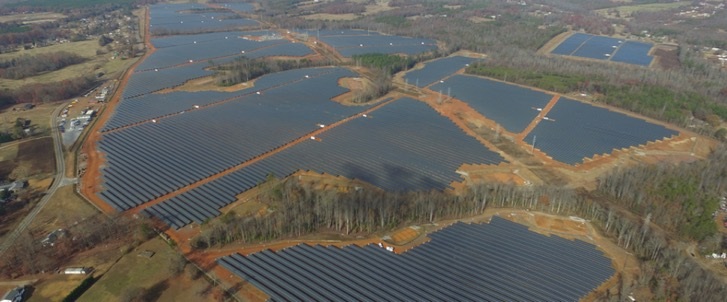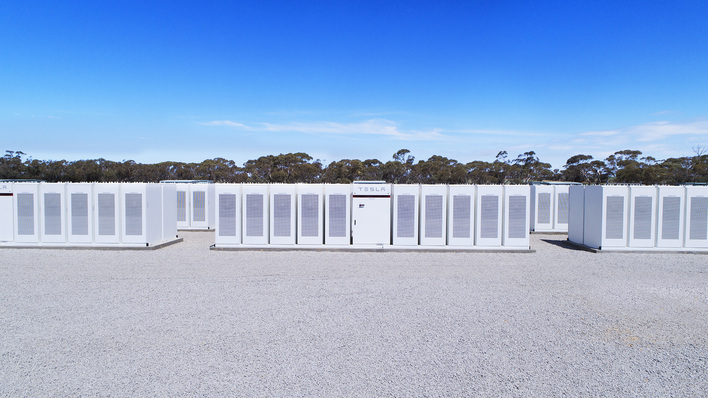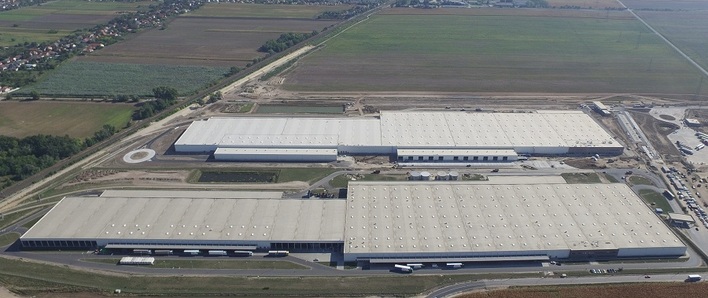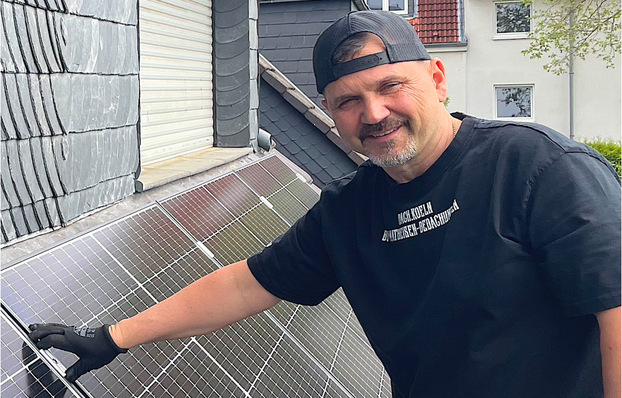Google wants the electricity consumed by its new data centres in Yum Yum, Tennessee and Hollywood, Alabama to be matched with 100 per cent renewable energy from day one. To meet this goal, the tech giant has said that it has struck a multi-year deal with the Tennessee Valley Authority to purchase output from several new solar farms, which will total 413 megawatts of power from 1.6 million solar panels.
The two largest solar farms will produce roughly 150 megawatts each, according to a January 13, 2019 post on the Google blog. They will be among the largest renewable energy projects in the Tennessee Valley region, Google said, and the biggest solar farms ever built for them.
7 grams of CO2
Google had said in 2016 that the company planned to source carbon-free electricity on a 24/7 basis for each data centre. The tech giant had tried to reach a 100 per cent renewable energy purchasing goal in 2017. So far, according to Google's October 2018 report, they have already managed to supply their data centres in Finland, the Netherlands, Taiwan, North Carolina and Iowa with zero-carbon energy.
Estimates from the early 2010s have calculated, that a single web search used to be responsible for emissions of up to 7 grams of CO2 – admittedly, not entirely caused by the search engine: Other factors include the users’ sources of electricity, the energy required to transmit data etc. This current move by Google to go totally renewable will surely help to bring that number down to as close to zero as possible. (mfo)
You can now sign up for our upcoming pv Guided Tours at The smarter E Europe (Intersolar Europe, ees Europe, Power2Drive, EM-Power) in Munich in May 2019.
Have a look back at the highlights of last year’s pv Guided Tours.
For more articles about solar power markets, please click here.
Stay informed, subcribe to our twice-weekly newsletter.
Register here: https://www.pveurope.eu/newsletter








